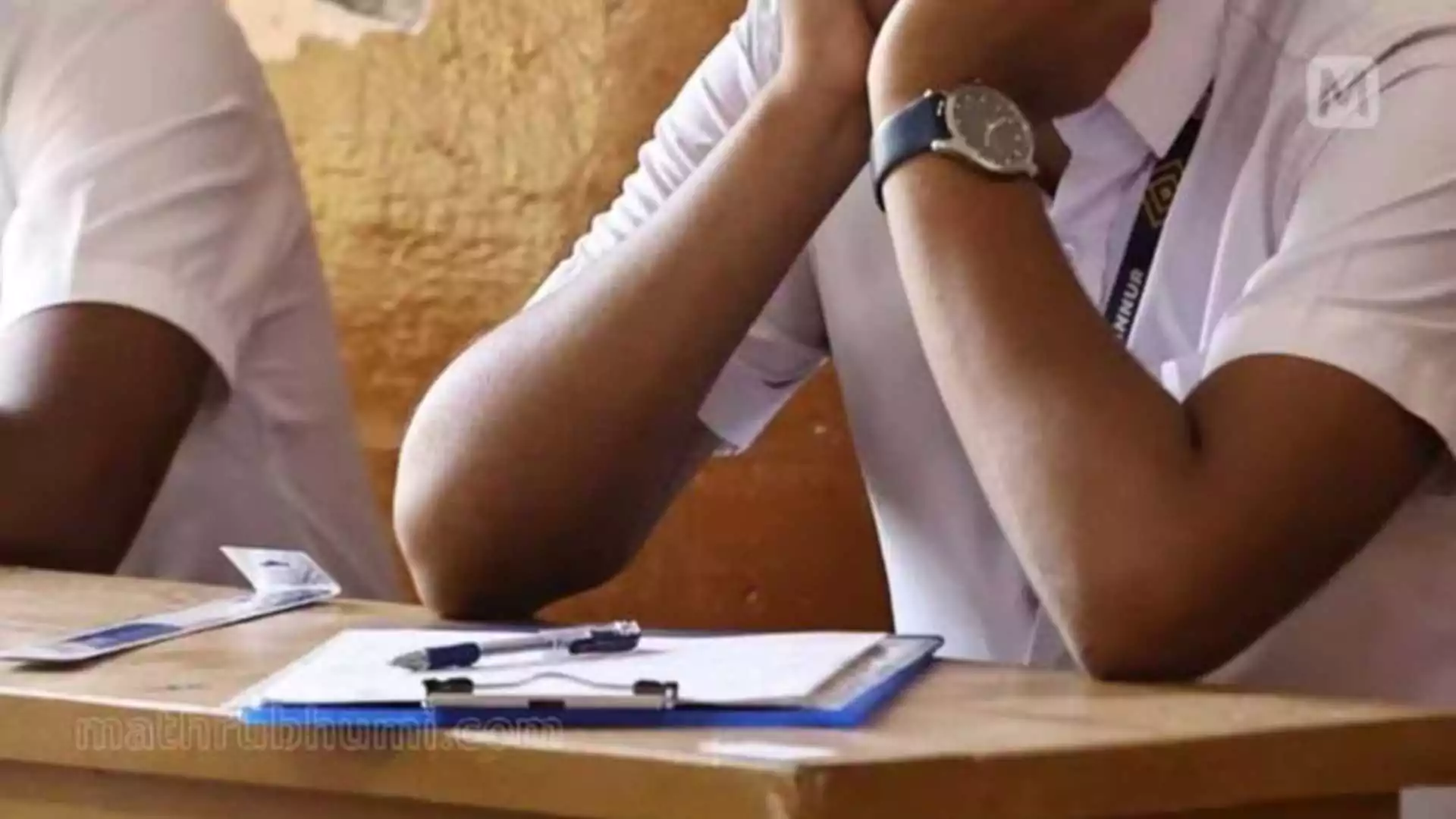After four months of violent unrest in New Caledonia, tensions continue to rise between the pro-independence Indigenous Kanak people and the white settler communities loyal to France. The territory, located in the French Pacific, is marking the anniversary of its colonization, adding to the charged atmosphere.
Community Divide Over Future
The divide between communities deepened following the Kanaks’ revolt in May against President Emmanuel Macron’s voting reform. Loyalist groups have called on supporters in the capital, Noumea, to commemorate the 171st anniversary of French rule by “honking horns during a radio broadcast of France’s national anthem, La Marseillaise.”
Meanwhile, the National Council of Chiefs of the Kanak people is convening on Mare Island and is expected to “unilaterally declare sovereignty over the Kanak nation on their customary territories.” Macron had previously sidelined the contentious voting reform in June after dissolving Parliament and calling for early elections.
READ MORE: Will the US Ban Chinese Tech In Cars To Ensure National Security?
Government Response to Unrest
As mainland France grapples with its own political challenges, law enforcement and military forces are managing the unrest in New Caledonia. Recent violence has resulted in 13 fatalities and significant damage to property, amounting to €2.2 million.
Historical Context of the Conflict
New Caledonia became French in 1853 under Emperor Napoleon III and gained overseas territory status after World War II. While Kanaks received French citizenship in 1957, historical tensions stemming from segregation policies and discrimination have persisted, leading to ongoing calls for independence.
Failed Peace Efforts
The territory saw a peace agreement reached in 1988, promising more political power to the Kanak people and allowing for referendums on self-determination. However, despite three referendums between 2018 and 2021, the majority voted to remain part of France, a decision that the Kanaks have contested.
Recent Escalations
Tensions intensified earlier this year when Macron rushed through a bill amending voting rights, prompting mass protests and a state of emergency. The subsequent police crackdown resulted in arrests of Kanak activists, with Tein’s group accusing French authorities of “colonial practices” and demanding their “immediate release and return to their homeland.”
New Leadership, New Opportunities?
With Macron’s new Prime Minister Michel Barnier now in place, there are calls for a shift in policy regarding New Caledonia. Observers await Barnier’s inaugural speech on October 1, where he may address the future of the territory and potential provincial elections scheduled for December 15.
(INCLUDES INPUTS FROM ONLINE SOURCES)
ALSO READ: US Deploys Additional Troops Amid Rising Tensions In Middle East























